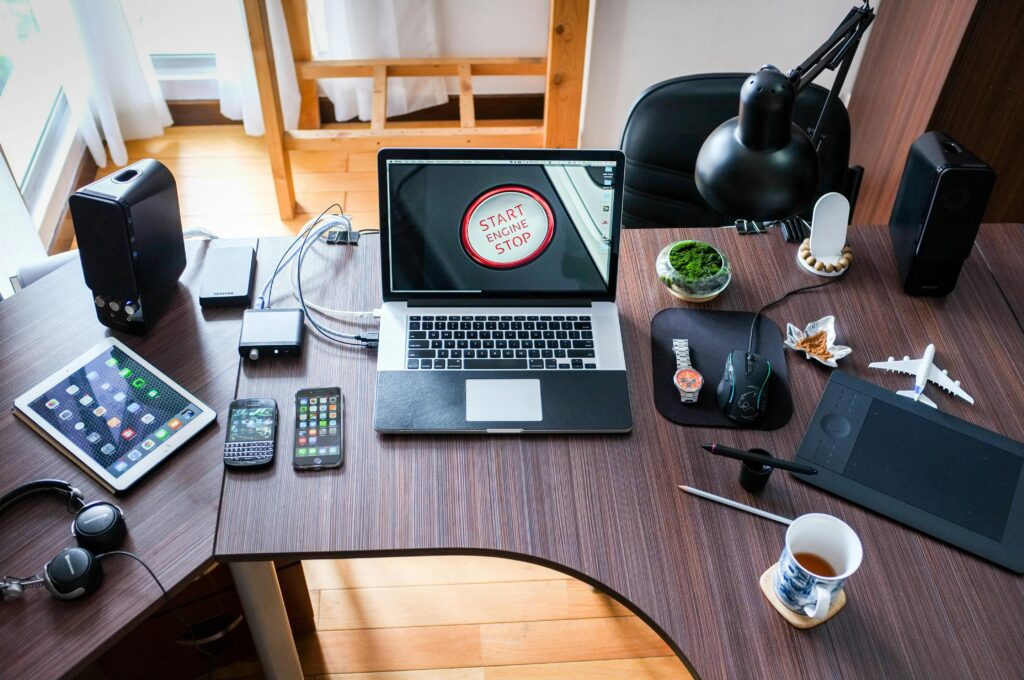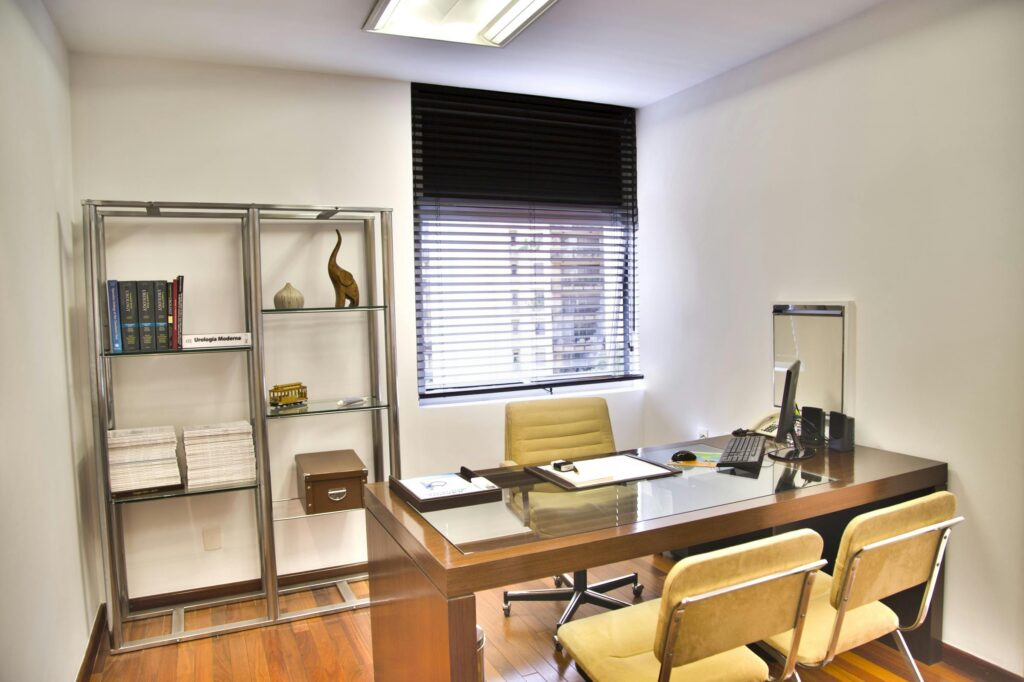
Share Article
ARE COMPANIES GOING BACK TO THE OFFICE?
This study is taking a detailed look into how hybrid working is changing in the Accountancy Market.
 Current Landscape
Current Landscape
We live in a hybrid world.
The current accountancy landscape is hybrid. The majority of the market (57%) go in to the office two or three days a week.
20% still rarely go into the office, a maximum of once a week.

Three Days or Less
77% of Accountancy staff go into the office 3 days or less.

The Gap
There exists a “gap” between “current” working practices and the working practices being advertised in new roles.
20% of candidates go into the office once or less a week.
This is a mix of fully remote companies, and candidates “taking advantage” of their current situation.
Their company is not remote, but their manager trusts them, the work gets done, so lets not rock the boat.
This is a “gap” of lost talent. These candidates are now “inaccessible” to most employers as they want to replicate their current arrangements.
The 72% of companies wanting their staff in 2 days a week or more, will find it tough to tap into this particular talent pool.

The Future
Question: Over the next 12 months are you planning to get your team in the office more or less?

3 out of 4 companies are settled
The majority of companies are now settled in their outlook. Those (27%) looking to change their policy are favouring more time in the office.
It is rare for a company to be going more remote at the moment.

Industries
How does industry affect hybrid?
If a company cannot provide its service from home, it’s more likely to be an office-based company.
Industry can have an impact on how flexible a company is.
Our research has found that if a company cannot get its “core workforce” to work from home, the option to work from home is less likely to be extended to its support functions, such as finance.
An Example:
A privately-owned manufacturing business makes its money from highly skilled engineers producing car parts from its factory. This role cannot be done at home. Due to this, it feels “right” that the support functions are also office-based.
However, whilst engineers are by their nature, “in manufacturing”, an Accountant can be sector agnostic and simply move to a more flexible industry.
- More flexible industries: Technology, Software, Legal, Real Estate, Consultancy
- Less flexible industries:Manufacturing, Construction, Logistics

Brand Perception

Being fully office-based negatively affected their perception of the company’s brand for a majority of respondents.
Over 73% of applicants felt that being fully office-based negatively impacted their view of the hiring company. In what still is a very competitive market, your business can be percieved as old-fashioned.
The more flexible a business, the more it is percieved that they care about their employees.
It is absolutely still possible to build a successful and talented team being fully office-based, but it is harder, the talent pool will be shallower, and wages may be higher.

Moving to Five Days

We have seen a small but growing minority switch from Hybrid working to fully office-based.
For companies that plan to do this, up to 77% of their staff may look to move on.
This will not be an immediate wave of resignations, but staff turnover will increase and it will be more difficult to attract replacements.

The Dangers of Moving the Goalposts
The key takeaway here is to keep it consistent.
The biggest problem we see, is companies hiring staff on the premise of one or two days a week in the office, and then changing it further down the line to three or four days a week in the office.
This will no doubt introduce staff turnover and incur further recruitment costs.
The best advice we could give is to pick a hybrid policy and stick to it.
This policy needs to be agreed and then followed for years to come.

Candidate Attraction
Hybrid working helps with talent attraction!
- It increases the talent pool: The more hybrid a role, the further geographically the talent pool can be stretched.
- Flexible companies are seen as forward-thinking: Cutting edge companies are almost always Hybrid, which also promotes diversity.
- Office time is valued: Having a base/head office is still highly valued by many. Many of those surveyed would actually prefer a hybrid role over a fully remote role.
- Take care with remote: Remote roles are the easiest to fill, but also require the most care and attention around onboarding. It can be easy to feel “left behind” when remote.

Our Advice
- Three days in the office is competitive: Three days in the office and two days a week at home is a very competitive and well-recieved hybrid policy that suits most roles in most companies.
- Two days is market-leading: If you want to have a market leading hybrid policy, offer one or two days a week in the office.
- If your role is niche: Think about taking the role more remote. Offering a role remote (or rarely office-based) can take your talent pool from a 20 mile radius to a 200 mile radius!
- Watch your onboarding: Onboarding is more important than ever, especially in hybrid or remote roles. Be sure to have a clear plan for the first few months, especially for their days at home.
You may also be interested in…

Is Hybrid Dying?
ARE COMPANIES GOING BACK TO THE OFFICE? This study is taking a detailed look into how hybrid working is changing in the Accountancy Market. DOWNLOAD THE

Accountancy CV Templates
From Blank Page to Perfect CV: Expert Tips and Downloadable Templates Writing a CV can be a hard and uninspiring process. Let us take the

Salary Survey – Property Special
SALARY SURVEY PROPERTY EDITION Counted are carrying out a special survey of the salaries earned by accountants working in in the property sector in the

